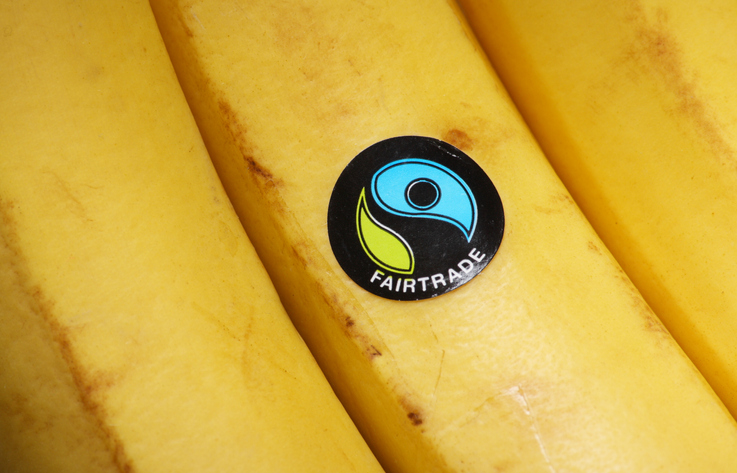As new research reveals a growing consumer interest in ethical brands, Fairtrade shares its key responsible trading tips with retailers.
With new research from Salmat finding that a third of shoppers are willing to walk away from a purchase if they don’t like the brand’s values, social responsibility is more important than ever.
Making a difference by tackling exploitation in supply chains is easy, says Molly Harriss Olson, CEO of Fairtrade Australia and New Zealand.
“Retailers have an opportunity to be leaders in the move towards sustainable consumption – a force of good in the world, by conducting themselves in a way that is transparent, accountable and sustainable in the long term.”
The best way to tackle exploitation within the supply chain is to rethink your stock acquisition process, she says.
“Stocking products like coffee, chocolate, tea and cotton that carry the Fairtrade Mark is a great way for businesses to make a big difference to the lives of farmers, workers and their families as well as the planet. It is also the best way to prevent modern slavery and help people escape poverty.”
As well as being an easy fix, ethical conduct is also essential given the passage of new anti-slavery laws through parliament last year.
The changes mean that retailers with a turnover of more than AU$100 million are now required to report on the risk of modern slavery, forced labour and other rights abuses in their supply chain.
“For smaller and medium-sized retailers, although there is no requirement to report, accountability and transparency are regarded as good practice and the way of the future,” according to Ms Harriss Olson.
Consumers splurge on ethical products
Not only is ethical conduct increasingly essential, but it’s good for business, with new research revealing that 34 per cent of Australian shoppers are willing to pay more for environmentally friendly products.
The survey from Salmat also found climate change and the environment rank as the most important issue with 57 per cent of consumers, closely followed by data privacy & security at 51 per cent.
Ethical conduct is increasingly a valuable asset for retailers, says Ms Harriss Olson.
“For retailers to retain their social license to operate, it’s now expected that all organisations take sustainability and their environmental impact seriously.
“Sustainability is helping retailers’ bottom line and in ensuring success across the triple bottom line – people, planet and profit. You can bet that the companies that make sustainability a priority will still be around in 30 years, compared to the ones who collapsed because they didn’t address issues, like slavery, in their supply chain.”

